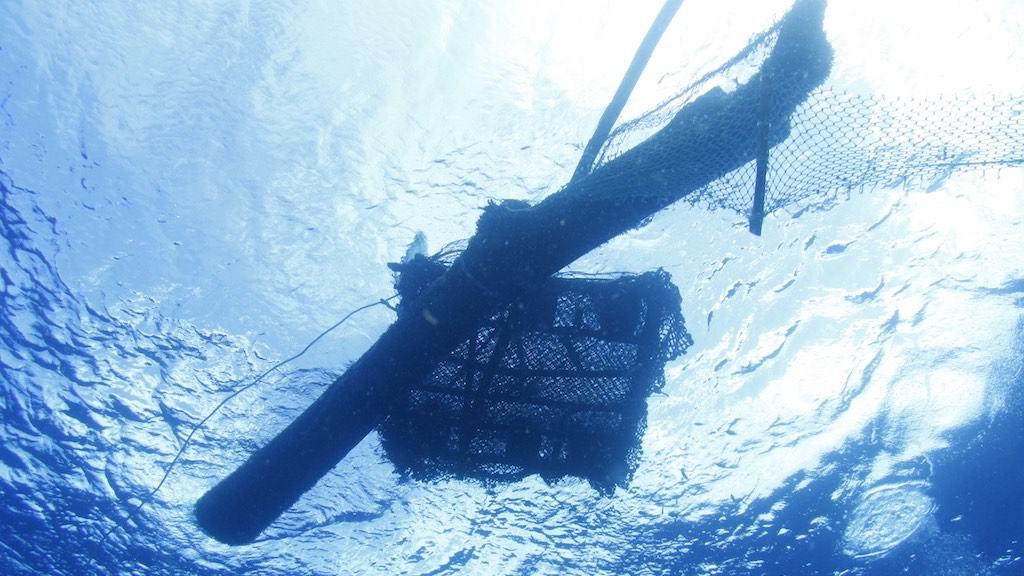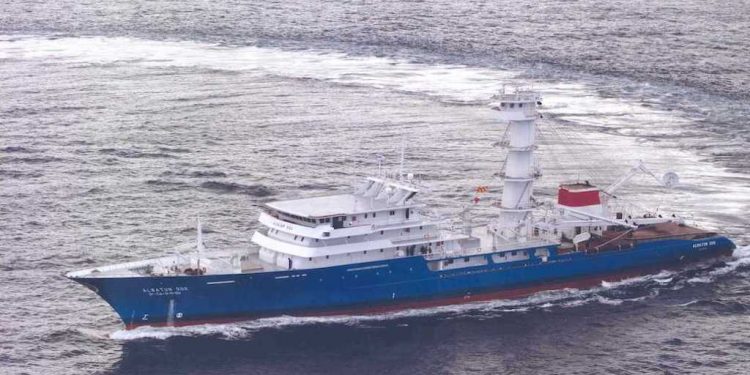The European Union has joined the group of nations lodging formal objections with the Indian Ocean Tuna Commission to Resolution 23/02 on the management of drifting FADs.
Objecting nations are not bound by the resolution, leaving tuna vessels fishing in the Indian Ocean under the French, Spanish and Italian flags to able to continue operations as before – for the time being.
Along with the EU, the Comoros, Oman, Kenya, the Seychelles and the Philippines have lodged objections to Resolution 23/02, which was adopted during the IOTC special session in February under controversial circumstances.

According to a statement, the EU stated that it believes IOTC members should work in a co-operative manner and all efforts should be exhausted to reach consensus, and that conservation measures should not include provisions that are not implementable or unclear.
The EU also stated that it is essential that management decisions in RFMOs are underpinned by scientific advice.
Ambitious proposals
Alongside its objection to Resolution 23/02, the European Union is tabling four ambitious proposals for the next Indian Ocean Tuna Commission session, scheduled to take place from 8-12th May. The objective is to improve the conservation of tuna and the management of fisheries. According to the IOTC Scientific Committee, the current situation of the stock and level of fishing in the Indian Ocean are not sustainable.
The EU’s comments highlight the lack of scientific consensus behind the resolution, as well as the situation in which several of the nations proposing the ban on FADs have also placed objections to radical proposals to limit catches, particularly of yellowfin and bigeye tuna.
‘The EU is committed to the sustainable management of fisheries at global level. With our proposals for the IOTC, we aim to improve the conservation of tuna and drastically reduce IUU fishing activities,’ said Commissioner Virginijus Sinkevičius.
‘We are also proposing a revised resolution on drifting Fish Aggregating Devices as we consider that some provisions of the resolution adopted in the February are not implementable and unclear and not based on scientific advice. The EU wishes that in the coming session IOTC Members will work in a cooperative manner and through consensus.’
The proposals are for a multiannual plan for the management of tropical tunas to improve the management of the three tropical tuna stocks (yellowfin tuna, bigeye tuna and skipjack tuna), a scheme for the boarding and inspection of vessels in the high seas, an update of the rules of the IOTC Compliance Committee to improve the compliance process, and a new resolution for the management of drifting fish aggregating devices (FADs) to replace Resolution 23/02, adopted in the February special session of IOTC.
Relating to FADs and the controversy around this issue, the EU states that its objective is to improve the obligations that are technically difficult to implement, to clarify unclear provisions, and to align the text to the scientific advice. The proposal addresses all the relevant aspects of the FAD fishery from marking, to tackling plastic pollution to limiting the number of FADs while also improving the most challenging provisions from Resolution 23/02 to ensure its effective implementation.









